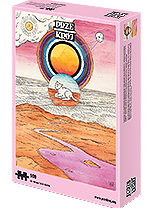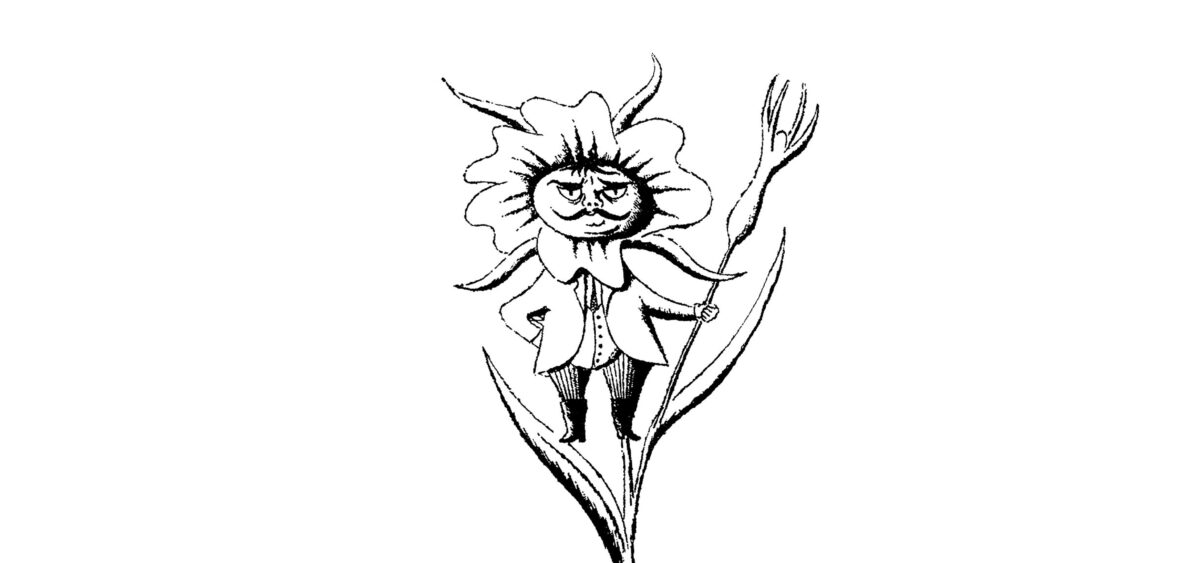
In the springtime, the Babalskis’ blooming orchard transforms into a world of pink and white. The birds sing, and the bees, including the wild ones, bustle about just like they do in their hives.
“Mr Mietek, what’s springtime all about?”
“Spring is a time of blooming, of great chaos in nature; every plant is working overtime to put out flowers and fruit. The animals also sense the spring, because that’s when life arises. It’s a period of reproduction. They’re more aroused. The cows bellow, they want to get out into the fields. People too: you have a desire to work, more joy, a completely different perspective.”
“And I often feel uneasy in the springtime.”
“The more time you spend in the fresh air, the more calmly your body will react. And if you sit in an air-conditioned space the whole time, isolated from nature, it will be a shock when you go outdoors. Too much sun






